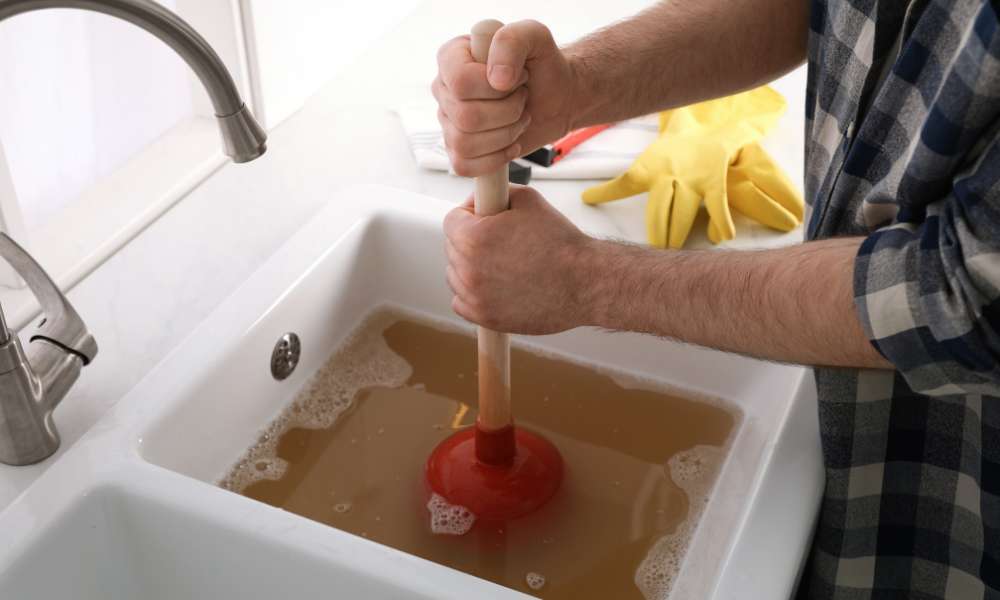Dealing with a clean a smelly sink drain can be frustrating, but fortunately, there are straightforward solutions to freshen up your kitchen or bathroom quickly and efficiently. In this guide, we’ll explore various methods on how to clean smelly sink drains, from natural home remedies to more robust chemical options. Whether you’re looking to tackle a mild odor or a persistent stench, our easy-to-follow steps will help restore freshness to your sink area. We’ll also cover essential maintenance tips to prevent future odors. Join us as we dive into effective strategies that ensure your drains remain clean and odor-free, enhancing your home’s overall comfort and hygiene.
Step-by-Step Guide to Removing Sink Drain Buildup
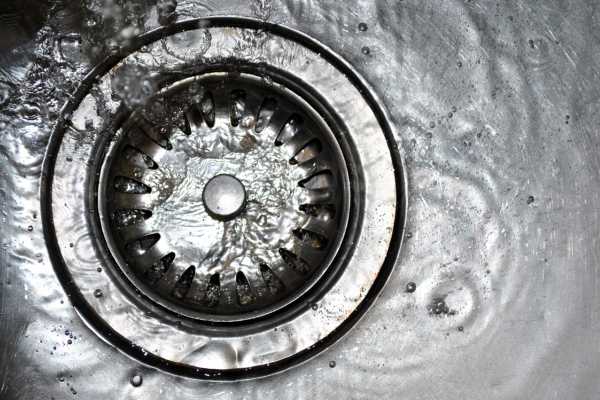
Begin by removing any visible debris from the drain using gloves or a small tool. Next, mix equal parts of baking soda and salt, and pour this dry mixture down the drain. Follow with a cup of white vinegar, which will react with the baking soda and salt to create a foaming action, helping to loosen the buildup. Let this sit for about 15 minutes, then pour boiling water down the drain to flush out the loosened materials. This method not only clears the buildup but also leaves the drain smelling fresh. Repeat monthly to keep your sink drain clear and odor-free.
Natural Solutions for Deodorizing Your Sink
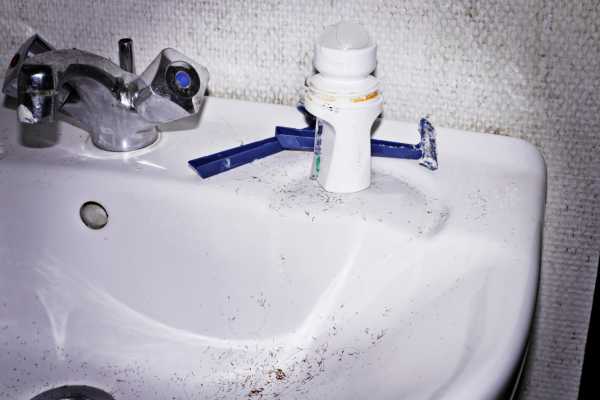
Begin by flushing the drain with hot water to soften the buildup. Next, pour half a cup of baking soda directly into the drain, followed by a cup of white vinegar. This combination will cause a fizzing action that helps break down the gunk. Allow the mixture to work for ten minutes, then rinse thoroughly with boiling water to clear out any loosened debris. For tougher clogs, consider using a plunger or a plumber’s snake to mechanically remove blockages. Regular maintenance using these simple steps can prevent buildup and keep your sink draining smoothly.
Chemical Cleaners: What You Need to Know
When considering chemical cleaners for your sink, it’s crucial to choose products specifically designed for drain cleaning to avoid damaging your plumbing. These cleaners often contain powerful ingredients that can quickly dissolve grease and food remnants that cause odors. However, safety should be your top priority. Always use gloves and goggles to protect yourself from harsh chemicals, and ensure the area is well-ventilated. It’s also wise to read and follow the instructions carefully to prevent any mishaps. Although effective, chemical cleaners should be used sparingly as they can corrode pipes over time. For a more sustainable approach, consider alternating with gentler, eco-friendly options.
DIY Mixes: Vinegar and Baking Soda Method

A popular and effective home remedy for deodorizing sink drains involves the use of baking soda and vinegar. Start by sprinkling a cup of baking soda into the drain, followed by an equal amount of vinegar. The combination causes a natural chemical reaction that fizzes, helping to break down gunk and eliminate odors. Allow this mixture to sit for a few minutes, then flush the drain with boiling water to clear out any residue. This method is not only easy but also environmentally friendly, avoiding the harsh chemicals found in many commercial cleaners. Regular use can prevent the buildup that often leads to unpleasant smells.
The Boiling Water Flush Technique
The boiling water flush technique is a simple yet effective method to clear out your sink’s drainage system. Start by bringing a large pot of water to a boil. Carefully pour the hot water directly down the drain, which helps dissolve and dislodge grease, soap scum, and other blockages that can cause odors. This method is particularly useful for maintaining clean pipes and preventing future build-ups. For best results, use this technique regularly, ideally once a week, to keep your drains flowing smoothly and odor-free. This maintenance routine is quick, environmentally friendly, and cost-effective, making it an excellent first step in drain care.
Maintaining a Clean and Odor-Free Drain
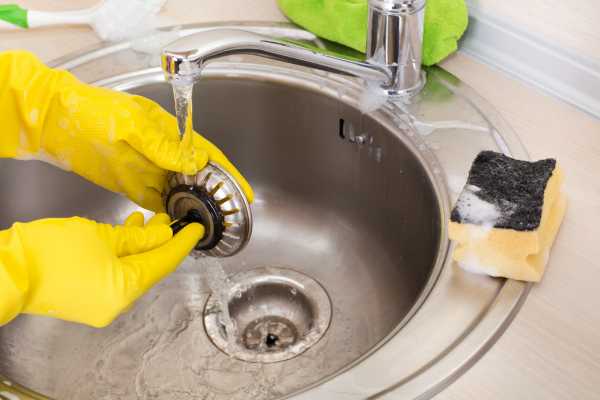
Regular maintenance is key to ensuring your clean a smelly sink drain stays fresh and odor-free. Weekly, flush the drain with hot water to prevent buildup of debris and oils. Monthly, apply a mixture of baking soda and vinegar to dissolve any accumulating grime. Additionally, consider using citrus peels or essential oils to leave a pleasant scent. By establishing a routine cleaning schedule, you can effectively manage and prevent foul smells, keeping your sink area hygienic and welcoming. This proactive approach not only preserves the condition of your plumbing but also contributes to a healthier home environment.
Professional Cleaning Solutions: When to Call a Plumber
If home remedies fail to eliminate persistent sink odors, it may be time to consult a professional. Plumbers have specialized tools and advanced cleaning agents that tackle deep-seated blockages and odors not reachable by DIY methods. They can also identify underlying issues, such as broken pipes or improperly installed drainage systems, which might be contributing to the problem. Opting for a professional cleaning ensures your plumbing remains in top condition and helps prevent future issues. Consider scheduling regular maintenance checks to keep your drainage system functioning efficiently and odor-free.
Preventive Measures to Keep Drains Smelling Fresh
To keep your drains smelling fresh, it’s crucial to adopt regular maintenance practices. Start by running hot water through the sink after each use to prevent oil and food particles from accumulating. Adding a weekly flush with baking soda and hot vinegar can also help by neutralizing potential odors before they start. For a deeper clean, using enzymatic drain cleaners monthly breaks down organic material effectively without damaging pipes. Additionally, avoid disposing of coffee grounds, cooking oils, and other starchy or fibrous materials in your sink, as they are common culprits in creating blockages and unpleasant smells. These simple habits can significantly extend the freshness of your drains.
Common Mistakes to Avoid When Cleaning Sink Drains
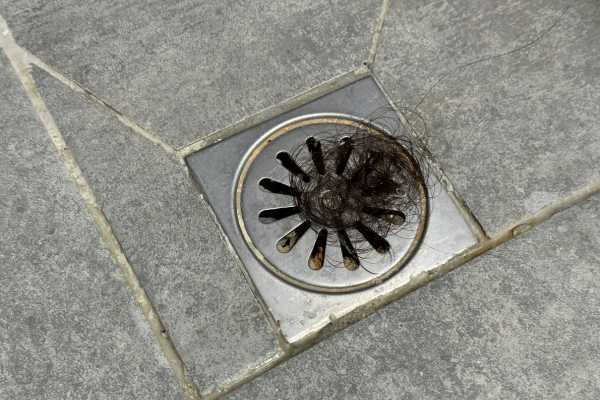
When tackling sink odors, avoid common pitfalls that can worsen the situation. Firstly, do not overlook regular cleaning; neglect allows residue and bacteria to build up, intensifying the odor. Secondly, steer clear of harsh chemical cleaners that can damage your plumbing over time. These substances might provide a temporary fix but often erode pipes, leading to costly repairs. Lastly, be cautious about what goes down the drain. Items like cooking oils and coffee grounds can accumulate and create blockages, contributing to foul smells. Adopting these preventative measures ensures your sink stays fresh and fully functional.
Conclusion
Learning how to clean a smelly sink drain effectively can greatly enhance the ambiance of your kitchen or bathroom. By incorporating regular maintenance practices, using gentle yet powerful natural remedies like vinegar and baking soda, and avoiding common cleaning errors, you can keep unpleasant odors at bay. Remember, prevention is key: a mindful approach to what goes down your drain can prevent issues before they arise. Embrace these simple, eco-friendly methods to maintain a fresh and welcoming environment in your home. With these tips, your sink will not only smell fresh but also contribute to the overall hygiene and cleanliness of your living space.

